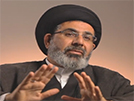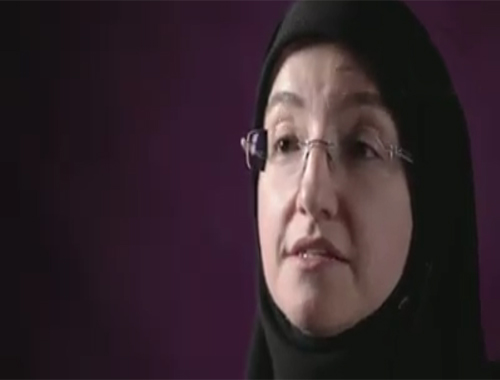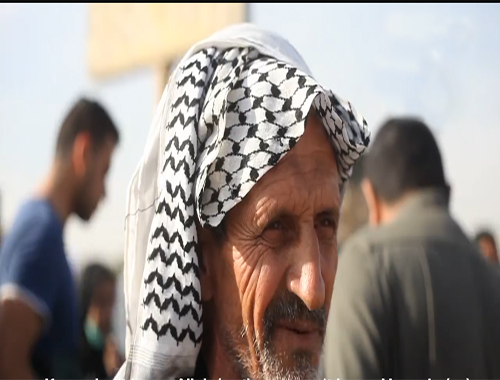Restrain from divulging your own secrets
- Details
- Hits: 2408
Restrain from divulging your own secrets
According to the traditions we must not inform anyone of our own secrets. Even if those people are our closest relatives or friends. It is possible that their friendship may not last forever. They might become our enemies in the future. It is very rare for an enemy not to expose the secrets of his opponent.
Imam Ja’far as-Sadiq (a.s.) has advised one of his followers:
“Do not tell your secrets even to your friend. But only tell him those things that will not cause any harm even if your enemy comes to know of it. Because even a friend could become your enemy one day.”
(BihÄr al-AnwÄr)
A reliable and pious person has related that when he intended to divorce his wife, he was asked about her defect; that had made him take such a decision. He replied, “An intelligent person never exposes his wife and never reveals her secrets.”
Subsequently the divorce was completed and even the Iddah came to an end. Again some people asked him, “Now she is no more your wife. What was the actual defect in her, that you had to divorce?” He said, “I am not concerned with other women.” It means that it is the right of a wife upon her husband that he maintains her secrets even after separation and divorce.
Revealing a secret is a kind of Khayanat and all types of people consider it to be evil. It is mentioned in the book Uqudul Farid that even a filthy man like Ziyad (May Allah (S.w.T.)’s curse be upon him) had criticised Umar Ibn SÄ’d (May Allah’s curse be upon him too) for revealing the last wishes and the secret of Hazrat Muslim Ibn AqÄ«l. Ibn Ziyad (l.a.) had written to Umar Ibn SÄ’d. “O Umar Ibn SÄ’d! Because you yourself have revealed the secret of Husain’s coming towards Kufa, you would have to go and fight against him.”
The detail of this incident are from the book Nafasul Mahmūm and other books of Islamic history, and are as follows.
When Ibn Ziyad had Muslim Ibn AqÄ«l arrested, Muslim asked, “Would you murder me?”
“Yes,” replied Ibn Ziyad.
“Give me some time so that I can express my last wishes to a relative of mine.”
The accursed Ibn Ziyad permitted him to do so. Muslim searched among the people present in the court and saw Umar Ibn SÄd. He told Umar Ibn SÄd, “O Umar! We are related to each other. I wish something from you. It is obligatory for you to fulfill it and it is a secret that I cannot reveal to everyone.”
Umar Ibn SÄd tried to Shirk the responsibility but Ibn Ziyad told him, “Do not try to avoid this. Listen to what your cousin wishes.” So Umar Ibn SÄd and Muslim Ibn AqÄ«l went into a corner.
Muslim said, “There is debt upon my neck. When I had reached Kufa, I had borrowed seven hundred Dirhams. Please sell my armour and repay the loan. When I am killed take my last remains from Ibn Ziyad and perform a proper funeral and bury me. You must also send someone to Imam Husain (a.s.) so that he can stop him from coming to Kufa. I had myself invited him to Kufa and written that the people of Kufa are on his side. So he must have started his journey towards Kufa. Inform him of my arrest and execution so that he may turn back.”
Umar Ibn SÄd immediately told Ibn Ziyad all the Three things (the debt of Muslim, the burying of his corpse and the warning for Imam Husain (a.s.). Ibn Ziyad (l.a.) said to Muslim Ibn AqÄ«l, “A trustworthy person can never betray you but the thing is that you have considered a betrayer to be your confidant.”











